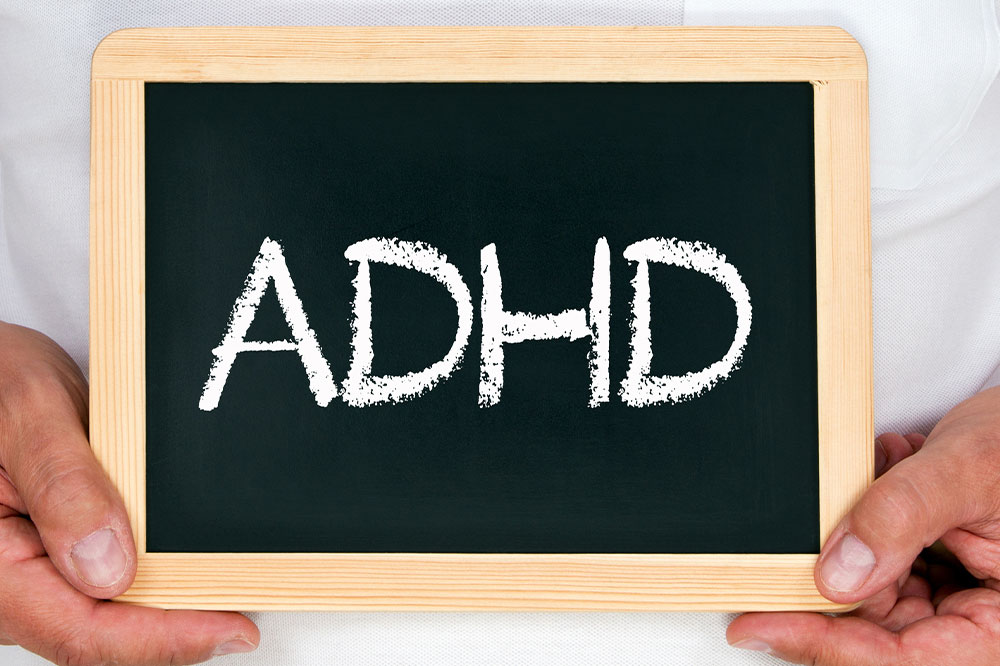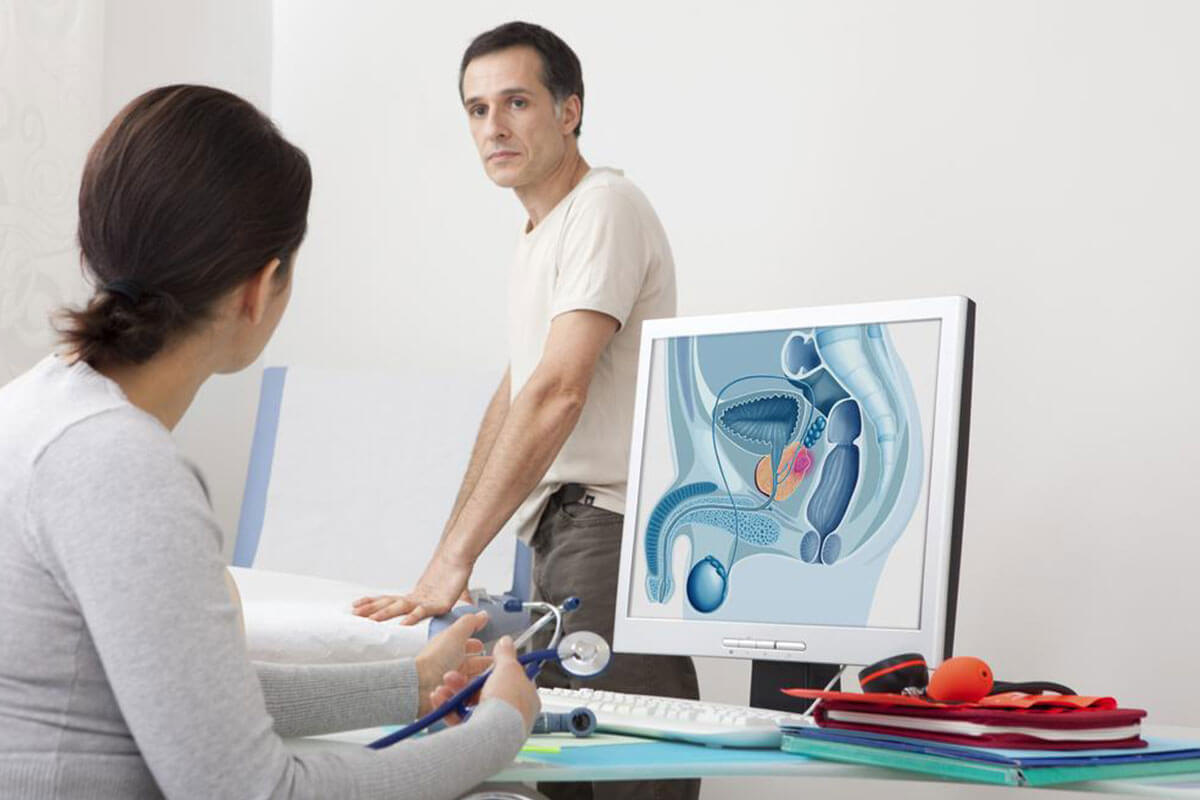Comprehensive Guide to Men's Health: Key Concerns and Prevention Strategies
This comprehensive guide highlights essential health concerns for men, including cardiovascular risks, erectile dysfunction, prostate health, and mental well-being. It emphasizes preventive measures, early detection, and lifestyle strategies to promote long-term health and vitality. By understanding these key issues, men can take proactive steps to improve their quality of life and reduce the risk of severe health problems later in life.

Men often tend to overlook their health until symptoms become severe, which can lead to late diagnoses and poorer outcomes. Many health issues that start as mild problems can escalate if not addressed early, especially as men age. Understanding the critical health risks and adopting preventive strategies can significantly improve quality of life and longevity. This extensive guide covers the most common and concerning health challenges faced by men, including cardiovascular diseases, erectile dysfunction, prostate health, and mental well-being. Equipped with early detection tips and lifestyle recommendations, men can take proactive steps to safeguard their health well into their later years.
Heart and Vascular Risks: An Urgent Area of Concern
Cardiovascular health remains a leading concern for men worldwide. According to the American Heart Association, approximately 66% of adult men in the United States will face some form of cardiovascular disease during their lifetime. Heart attacks and strokes are primary causes of mortality among men, emphasizing the importance of early risk mitigation. Engaging in a heart-healthy lifestyle is crucial and involves various proactive measures that should be adopted early, ideally starting in one's 20s or 30s, to prevent chronic issues later in life.
Key preventive steps include:
Regular Cholesterol Screening: Men should get their cholesterol levels checked every five years after age 25. Elevated LDL cholesterol levels contribute to plaque buildup in arteries, increasing heart attack risk. Maintaining healthy lipid levels is essential for cardiovascular health.
Blood Pressure Monitoring: Blood pressure tends to rise with age. Men should monitor their blood pressure regularly and aim to keep it below 120/80 mm Hg. Uncontrolled hypertension can lead to heart attacks, strokes, and kidney problems.
Healthy Lifestyle Choices: Quitting smoking and limiting the intake of alcohol are vital steps. Smoking damages blood vessels and accelerates atherosclerosis, while excessive alcohol consumption raises blood pressure and adds extra calories.
Physical Activity: At least 30 minutes of moderate exercise most days helps maintain a healthy weight, improves cardiovascular function, and reduces stress. Activities like brisk walking, cycling, or swimming can be highly beneficial.
Nutritious Diet: Consuming a diet low in saturated fats, trans fats, and processed sugars while emphasizing fruits, vegetables, whole grains, nuts, and legumes supports heart health. Incorporating omega-3 fatty acids from fish or supplements can also reduce inflammation and improve vessel flexibility.
Erectile Dysfunction: More Than Just a Quality-of-Life Issue
Erectile dysfunction (ED) is a common concern affecting millions of men worldwide. While often considered a normal part of aging, ED can indicate underlying health problems, particularly vascular issues or hormonal imbalances. Men experiencing persistent ED should seek medical evaluation to uncover potential causes and prevent future complications.
Research indicates that men with ED are 1.6 times more likely to suffer strokes or heart attacks, highlighting the importance of cardiovascular health in sexual function. Regular health check-ups, including testosterone level assessments, can help identify hormonal deficiencies or other contributing factors.
Addressing ED involves lifestyle modifications, medication, or therapy depending on the underlying cause. Maintaining a healthy weight, exercising regularly, managing stress, and avoiding excessive alcohol can improve symptoms. Open communication with healthcare providers is key for effective management.
Prostate Health: Early Detection Saves Lives
The prostate gland, a vital part of the male reproductive system, requires attention, as prostate cancer remains one of the most common cancers among men. Statistically, about 1 in 6 men will develop prostate cancer during their lifetime. Men with a family history of the disease or of African-American descent should be especially vigilant about screening and early detection.
Prostate screening primarily involves a blood test measuring prostate-specific antigen (PSA) levels. Elevated PSA can indicate inflammation, benign prostatic hyperplasia, or cancer. Regular screening starting at age 50 for average-risk men, or earlier for high-risk groups, can detect issues in their early stages when treatment is most effective.
Symptoms of prostate problems include frequent urination, urgency, difficulty initiating urination, or incomplete bladder emptying. These should prompt immediate consultation with a healthcare provider for further evaluation.
Preventive measures also include maintaining a healthy diet, staying physically active, and avoiding risk factors such as smoking and excessive alcohol intake. For men with elevated risk, consultations with urologists and routine PSA testing are essential components of proactive health management.
Mental Health and Suicide Prevention: Addressing the Silent Crisis
Mental health issues, particularly depression and anxiety, are often under-recognized among men. Studies show that over 6 million men worldwide suffer from depressive disorders, yet many do not seek help due to stigma or societal expectations to appear strong and resilient.
Men are more likely to conceal their emotional struggles, turning to unhealthy coping mechanisms like excessive drinking, aggression, or withdrawal, which can exacerbate mental health conditions. Recognizing the importance of mental well-being and promoting open dialogue are critical steps toward prevention and recovery.
Strategies for mental health support include:
Seeking professional help when needed, including therapy or counseling.
Engaging in regular physical activity, which boosts mood and reduces stress.
Practicing mindfulness, journaling, or meditation to process emotions.
Building a strong social support network, including friends, family, or support groups.
Raising awareness to combat stigma associated with mental health issues.
Addressing mental health is vital not only for emotional well-being but also for overall physical health, as untreated depression can increase the risk of cardiovascular disease, substance abuse, and suicide. Promoting a culture of openness and support can save lives.
In conclusion, men's health encompasses a broad spectrum of issues that require awareness, regular screening, and lifestyle adjustments. Early detection and proactive care are essential in preventing serious health outcomes and ensuring a healthier, more fulfilling life for men at every age. Prioritizing health today can lead to better quality of life tomorrow.





